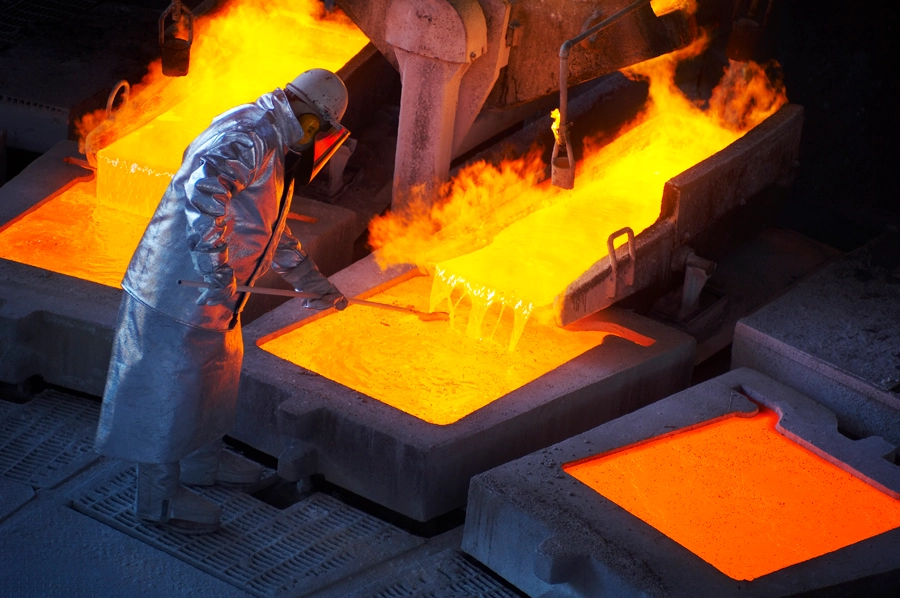Global copper smelting rebounded slightly in August as stronger activity in South America, Europe and Africa offset weaker production in China, data from satellite surveillance of metal processing plants showed on Tuesday.
In Chile, Glencore’s Altonorte and Codelco’s Chuquicamata operations had high levels of activity, according to a joint statement from commodities broker Marex and SAVANT, the satellite analytics service Marex launched with Earth-i in 2019.
A heatwave in China forced authorities to ration power to smelters, with the east and northeast the hardest hit areas, the statement noted.
Earth-i, which specialises in geospatial data, tracks smelters representing 80% to 90% of global production. It sells data to fund managers, traders and miners, and also publishes a free monthly index of global copper smelter activity.
Its global copper dispersion index, a measure of smelter activity, rose to 48.6 in August from 46.5 in July.
The South American dispersion index bounced back to 52.1 in August from 37.7 a month earlier, which had been its lowest since December 2021.
Under the dispersion index, 50 points indicate that smelters are operating at the average level of the past 12 months. It also has a second index showing the percentage of active smelters.
In nickel, global smelting activity recovered in August after diving in July to the lowest seen in the five-and-a-half year history of the data.
The global dispersion index for nickel climbed to 50.1 in August from a record low of 37.8 in July.
The recovery was mainly due to a sharp rise in production of nickel pig iron (NPI) in Indonesia, while activity fell in China.
NPI is a lower nickel content substitute for refined nickel.
High power prices in Europe saw nickel plants in the region operate “intermittently”, the statement said.








